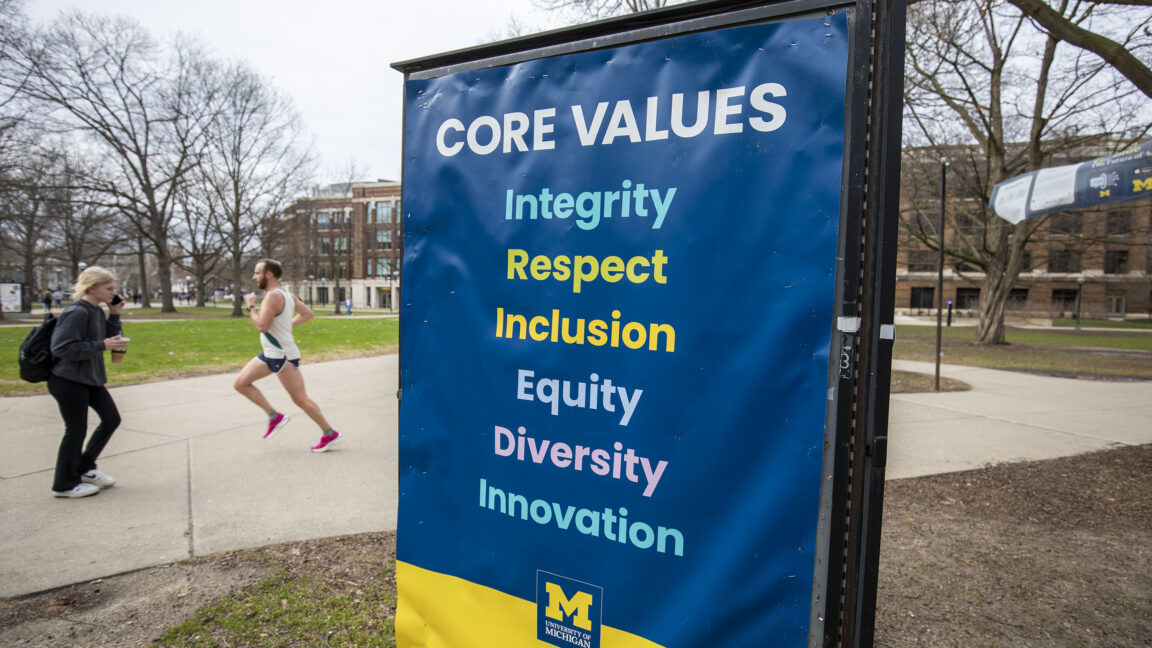
Earlier this year, a biomedical researcher at the University of Michigan received an update from the National Institutes of Health. The federal agency, which funds a large swath of the country’s medical science, had given the green light to begin releasing funding for the upcoming year on the researcher’s multi-year grant.
Not long after, the researcher learned that the university had placed the grant on hold. The school’s lawyers, it turned out, were wrestling with a difficult question: whether to accept new terms in the Notice of Award, a legal document that outlines the grant’s terms and conditions.
Other researchers at the university were having the same experience. Indeed, Undark’s reporting suggests that the University of Michigan—among the top three university recipients of NIH funding in 2024, with more than $750 million in grants—had quietly frozen some, perhaps all, of its incoming NIH funding dating back to at least the second half of April.
The university’s director of public affairs, Kay Jarvis, declined to comment for this article or answer a list of questions from Undark, instead pointing to the institution’s research website.
In conversations with Michigan scientists, and in internal communications obtained by Undark, administrators explained the reason for the delays: University officials were concerned about new language in NIH grant notices. That language said that universities will be subject to liability under a Civil War-era statute called the False Claims Act if they fail to abide by civil rights laws and a January 20 executive order related to gender.
For the most part, public attention to NIH funding has focused on what the new Trump administration is doing on its end, including freezing and terminating grants at elite institutions for alleged Title VI and IX violations, and slashing funding for newly disfavored areas of research. The events in Ann Arbor show how universities themselves are struggling to cope with a wave of recent directives from the federal government.















Leave a Reply